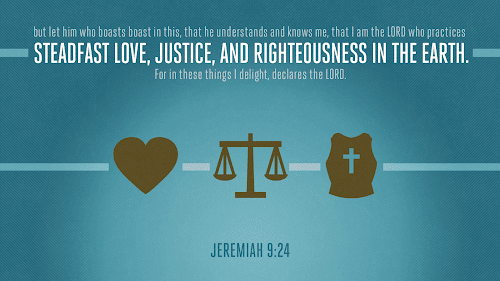A Bad Trade-In (Jeremiah 2)
What is the best, most refreshing water you have ever had? I know some of the best water I have ever had is an ice cold, bottled water or water from a cold fountain Say you had a choice between cold, refreshing and satisfying bottled water or a glass of lukewarm tap water- which would you choose? (Maybe a bad analogy) If you are like the Israelites or any other human being who has lived on the planet- we will often opt for the lukewarm tap water over the bottled water. It can be the same with God. That’s what God calls our attention to in Jeremiah 2. The Israelites had access to cold bottled water but settled for the lukewarm tap water. “I remember the devotion of your youth, your love as a bride, how you followed me in the wilderness, in a land not sown. Israel was holy to the LORD, the firstfruits of his harvest. All who ate of it incurred guilt; disaster came upon them”- Jeremiah 2:2-3 In the past, Israel experienced the favor and protection of God as they had total devotion, c...




